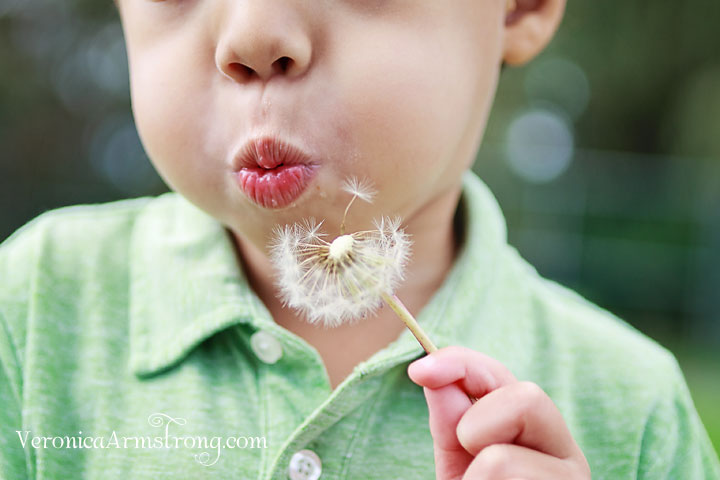How to critique your own photographs
I owe much of my photographic growth to formal and informal photography critiques I've received via ClickinMoms members* and Stacie Turner. While it's great to have the technical or processing mistakes you've missed pointed out by others it important to learn how to look for these flaws yourself. Once you learn how to look at your own work with a critical eye your progress will skyrocket.
Don't forget that technical or processing flaws do not equal bad photo. Snapshots of our lives do not need to be perfect. Keep them. Treasure them. I'm talking about shots you want to add to your portfolio, have professionally printed, or perhaps enter in a contest.
Your best work.
Here's what to look for when critiquing your own work:
Any obvious technical mistakes?
Is the shot properly exposed? Too dark or too light? How does the histogram look? Is there light in the subjects eyes? Are the important areas of interest (usually the eyes in portraiture) in focus? Have you carelessly (not creatively or purposefully) chopped any limbs?
It took me about nine months to be able to pinpoint technical flaws in my work. After several critiques I began to notice when I missed focus in a shot and so on. I began to pay more attention to my histogram to make sure that I was properly exposing my shots. I'd look for ideal lighting situations before I began shooting. I learned to step back and (for the most part) stop chopping off my kids' fingers in pictures.
What message am I trying to convey with this image?
How does this shot make me feel? How do I want to connect with viewers of this image? Does this image mean anything to anyone but me?
I struggle with this. Of course I love taking memorable pictures of my children regardless of their appeal to anyone but me. However as a photographer one of my goals is to create art and images that speak to others. I fall short of that often but I consciously try to shoot with intent.
Pre-planning and pre-conceptualizing shoots are skills that take some time to hone. I don't have much of a creative brain so it's a challenge for me. Knowing to inspect my images and ask myself whether a nice shot was a happy accident or well executed due to careful planning has helped me grow a ton. Being honest with oneself is an important element of growth.
I can see clearly now when my photos suck :) and that's okay. I try harder the next time.
How is the quality of my post processing?
Did I take this shot with a vision of what the end result would look like? Did I blindly choose an action to process this shot? Are my skin tones correct? Is this processing consistent with the rest of my work?
Post processing can be tons of fun. There are so many amazing actions out there to play with. There is nothing wrong with using actions if you use them properly. When I look back at my work from a year ago I cringe a bit because there is no consistency to my photos' processing. Some are matte, some are hazy, and others are a green hot mess. Inconsistent and none of those styles reflect my personal tastes. I was doing what everyone else was doing.
Feedback received from my professional critique helped me to spot my weaknesses and strengths. As my work improved my style started to shine through. I am a simple, clean, and bright processor. I adore the matte look and some photographers pull it off beautifully. I am not one of them. It simply isn't my style and there is nothing wrong with that.
When I critique my work I look for consistency within the subject matter I shoot. I don't process people and flowers the same but do all my portraits are processed similarly and so on. If I've used an action that isn't my own I make sure I know what the end result will be and adjust my images accordingly before running an action so I don't end up with a mess in the end. Lastly I make sure no one looks like an Oompa Loompa, Smurf, or Muno from Yo Gabba Gabba.
It takes some work but once you learn how to pinpoint the weaknesses, areas that need improvement, and strengths in your work you can take steps to improve and will begin to progress more quickly. It'll click (pun!). I promise.


